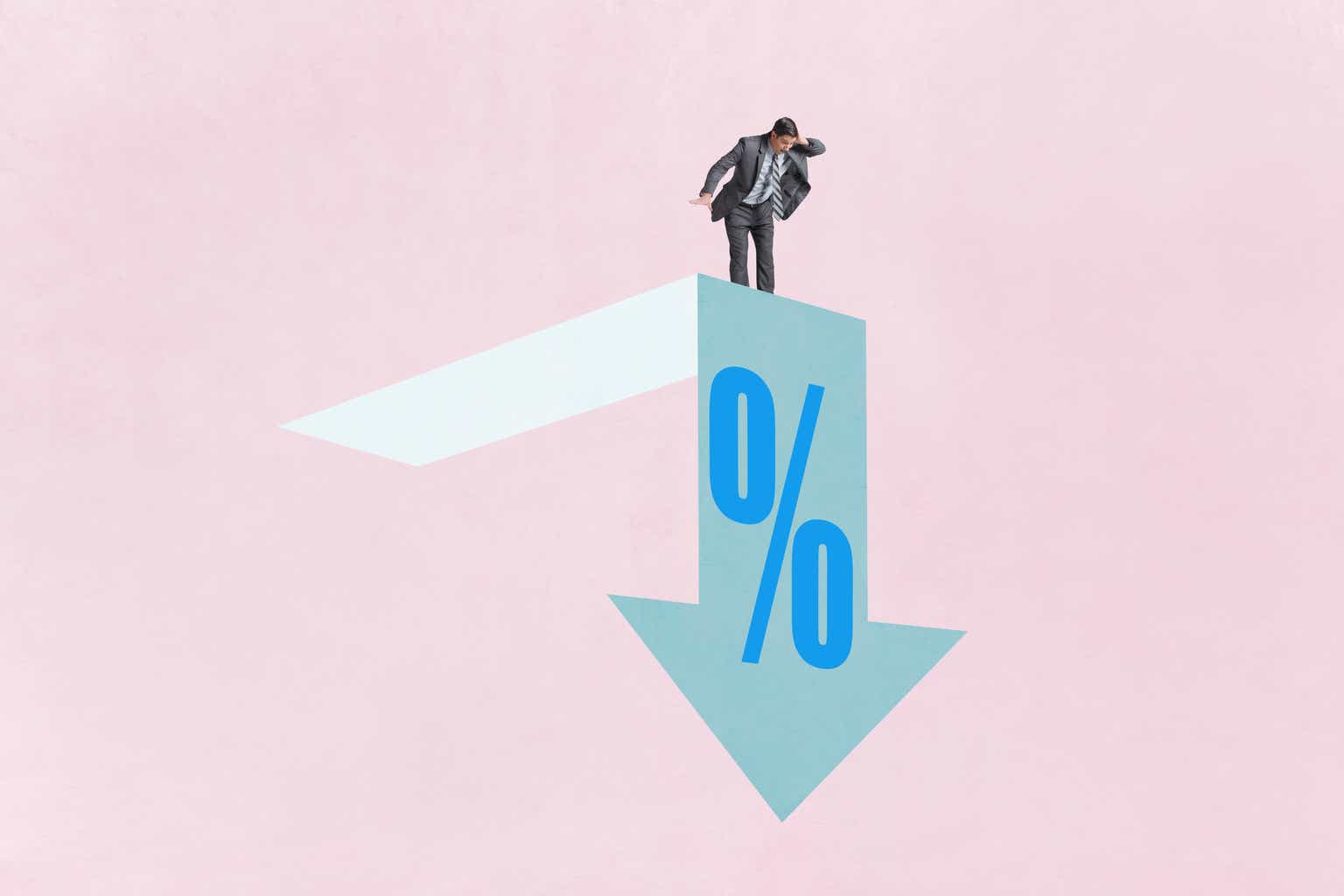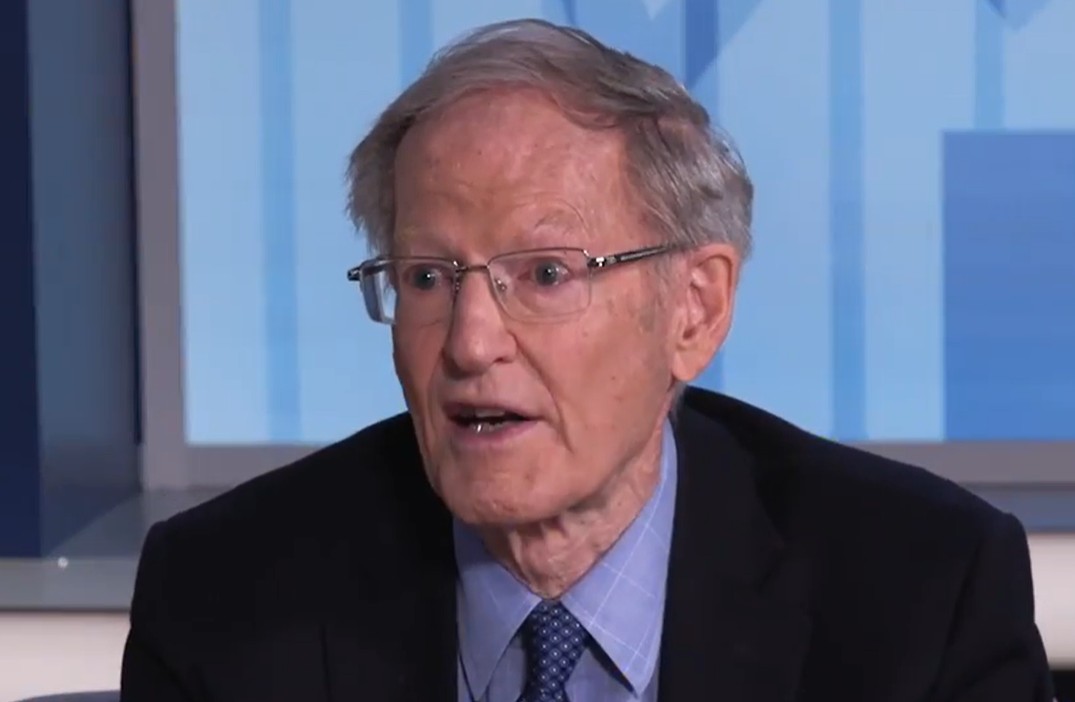By Cynthia Kim and Jihoon Lee
SEOUL (Reuters) – South Korea’s housing prices fell at the sharpest rate in at least 19 years in October, adding to expectations the nation’s central bank will slow its pace of interest rate hikes in the coming weeks.
South Korea’s apartment prices nationwide fell 1.20% in October from a month earlier, according to the Korea Real Estate Board, the biggest monthly drop since the data series began in Nov. 2003, as rising mortgage rates continue to sour demand.
In the capital Seoul, apartment prices declined 1.24%, the fastest since December 2008, extending losses to a ninth straight month.
The national index for apartment transaction prices dropped 7.13% during the January-September period, on track for the biggest annual decline since that data was introduced in 2006.
The Bank of Korea is widely expected to raise interest rates by 25 basis points on Nov. 24, after delivering a total of 250 basis points of hikes since August last year to contain inflation.
Surging costs of living are eroding household income and darkening the outlook for consumption in Asia’s fourth largest economy, where private spending accounts for roughly half of gross domestic product.
Analysts expect only one or two more interest rate hikes by the Bank of Korea for the remainder of this year and 2023 to take the terminal rate to 3.25% or 3.50%.
Some, including Citi and Morgan Stanley (NYSE:), raised the possibility of the BOK’s current tightening cycle ending at 3.25% in the past week due to mounting headwinds for growth and worries about a credit crunch in short-term money markets.
“Historically, the property market has been one of the most important variables for South Korea’s monetary policy, as it is closely linked to the country’s household debt, which is the world’s highest in terms of the ratio to GDP,” said Moon Hong-cheol, an economist at DB Financial Investment.
South Korea’s household debt-to-GDP ratios stood at 102.2% in the second quarter, data of 35 major economies from the Institute of International Finance showed.
“Excessive tightening may result in irreversible impacts, and for the property market’s soft-landing, the BOK will have to appropriately reflect the market conditions in its monetary policy decisions,” DB Financial’s Moon added.
That’s also a view echoed by one of the BOK’s seven board members on Tuesday, as Suh Young-kyung said the current pace of interest rate hikes needs to be eased if an economic slowdown due to the spillover from a local credit crunch arises.
Over the past five years, Seoul home prices more than doubled in what began as a stimulus-fuelled search for homes and turned into a national pastime, even as heavier loan restrictions threw many millennials into financial distress.








































